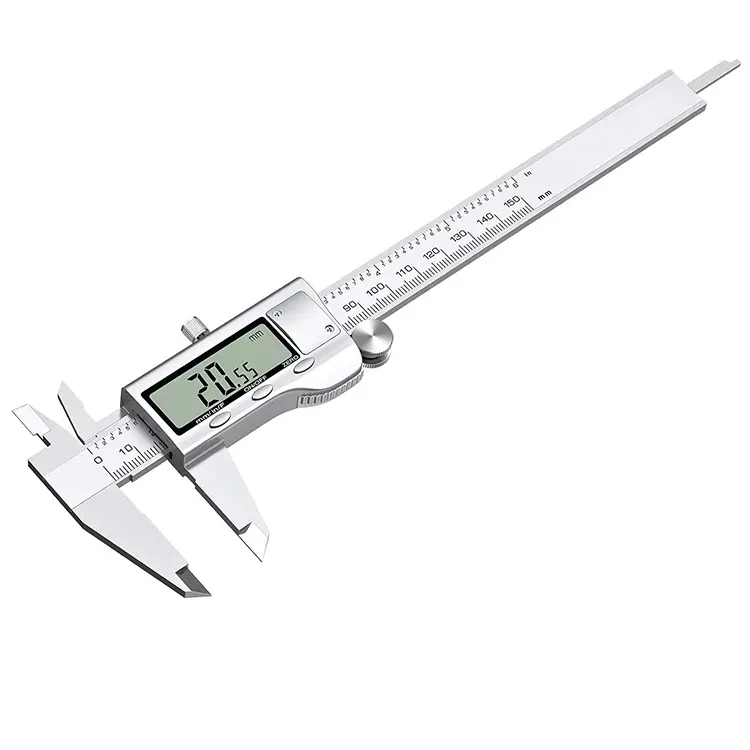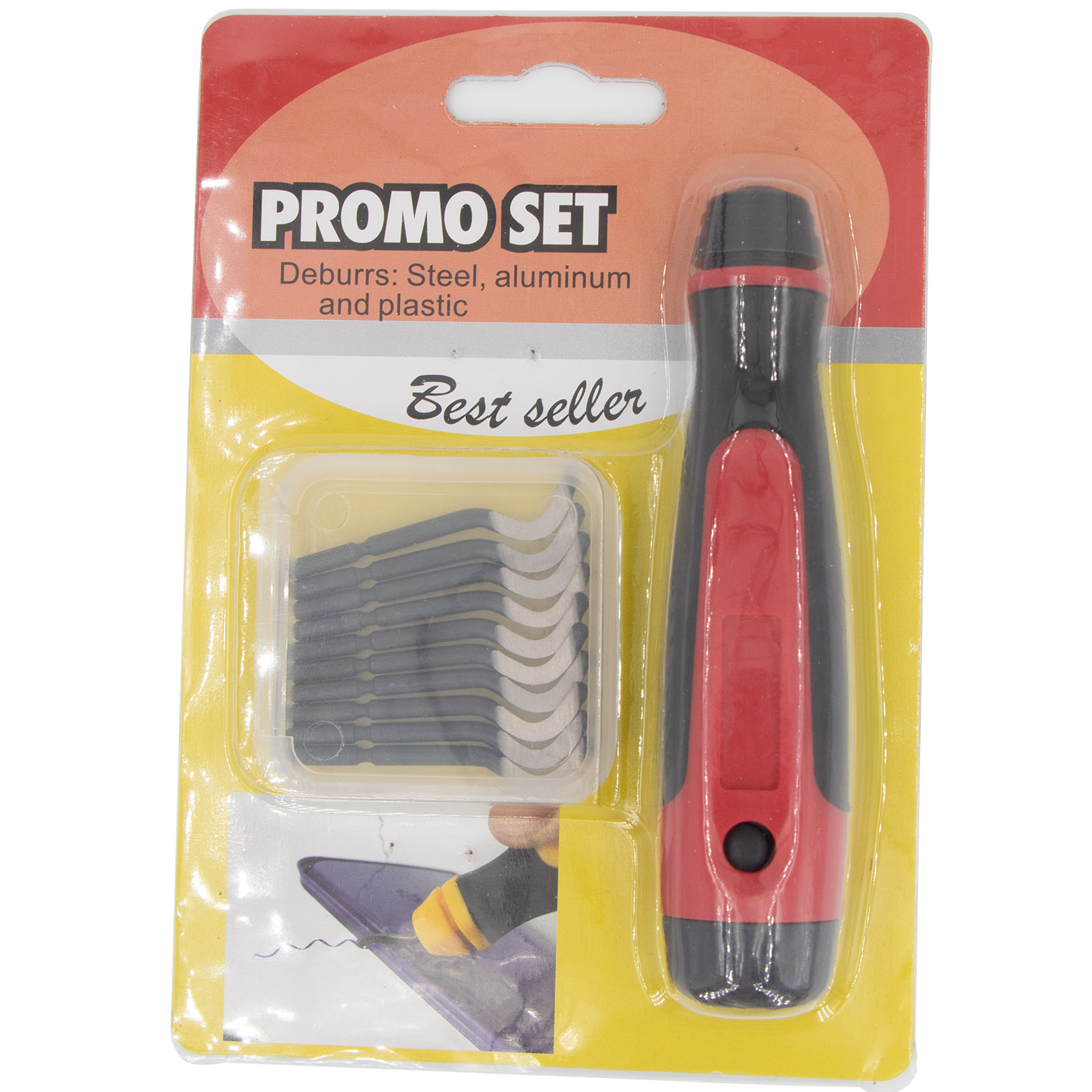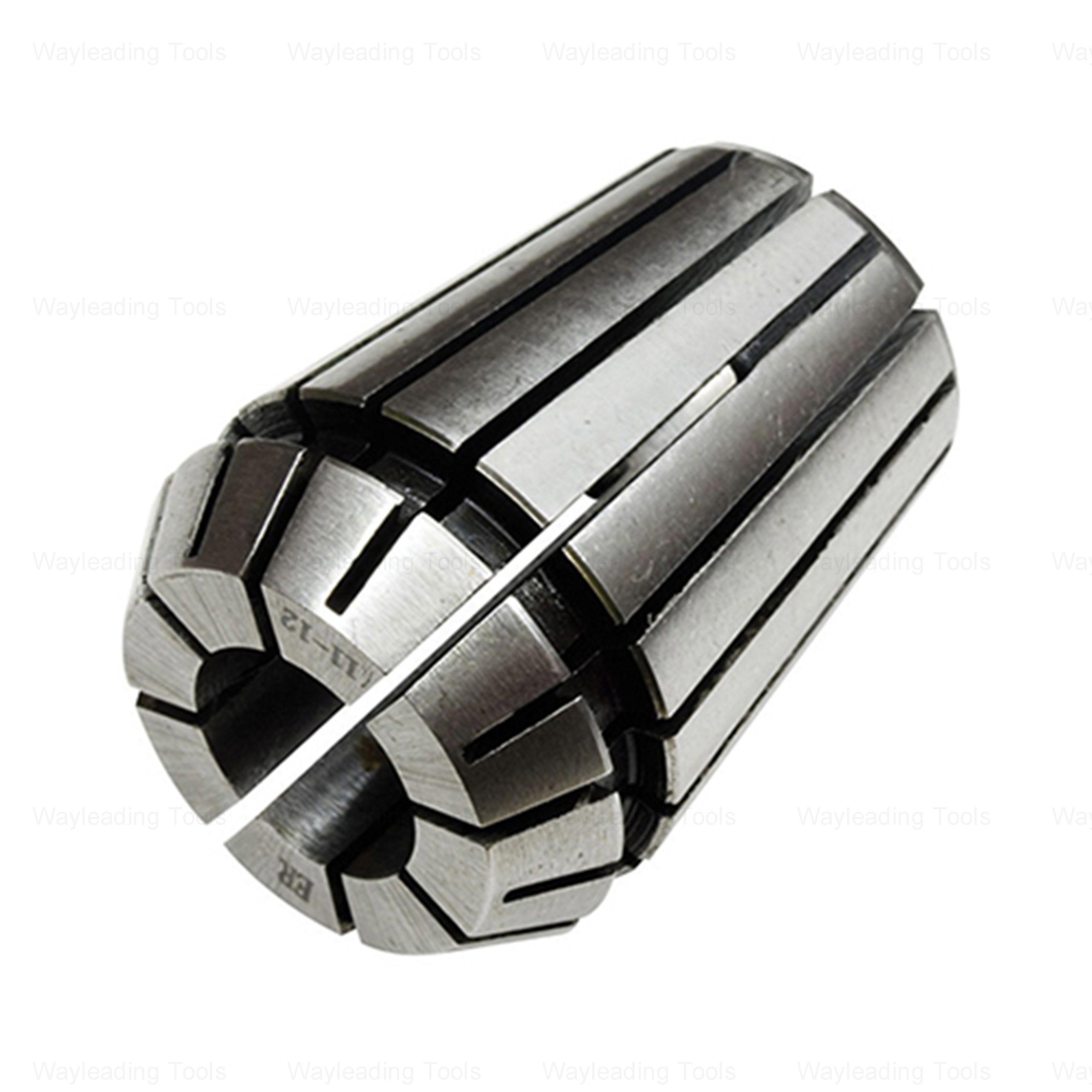Collets Suppliers
Collets are precision workholding devices used in various machining operations, including milling, turning, grinding, and drilling. They offer superior concentricity and gripping power compared to chucks in many applications. This guide explores different types of collets, their advantages, applications, and factors to consider when choosing the right collet supplier for your needs.
Understanding Collets and Their Importance
A collet is a sleeve or cone that fits into a machine spindle and securely grips a workpiece or cutting tool. The precision gripping action minimizes vibration and ensures accurate machining. Selecting the correct collet is crucial for achieving optimal surface finish, dimensional accuracy, and tool life. Poor collet selection can lead to workpiece slippage, tool breakage, and reduced machining quality.
Key Benefits of Using Collets
- High Concentricity: Collets offer excellent concentricity, typically within 0.0002' (0.005mm) or better, leading to improved accuracy.
- Strong Gripping Power: They provide a secure grip, preventing slippage even under heavy cutting loads.
- Reduced Vibration: The tight grip minimizes vibration, contributing to better surface finish and longer tool life.
- Versatility: Available in various sizes and types to accommodate a wide range of workpiece and tool diameters.
- Quick Tool Changes: Collet systems facilitate fast and efficient tool changes, increasing productivity.
Types of Collets
Several types of collets are available, each designed for specific applications and machine types. Here's an overview of common types:
ER Collets
ER collets are the most widely used type due to their versatility and affordability. They feature a self-releasing design, making tool changes quick and easy. ER collets are available in various sizes (ER8, ER11, ER16, ER20, ER25, ER32, ER40, ER50) to accommodate different tool shank diameters. They can grip a range of sizes, with each collet having a specific collapse range (e.g., an ER16 collet might grip tools from 3mm to 10mm). Look for ER collets made from high-quality spring steel for optimal performance and durability.
DA Collets
DA collets are another popular choice, offering excellent gripping power and accuracy. They are commonly used in milling and drilling applications. DA collets are pre-set for a specific tool size and do not have a collapse range like ER collets.
5C Collets
5C collets are primarily used in lathes and grinding machines. They provide a very rigid and accurate workholding solution. 5C collets offer a wider gripping range than many other types and are known for their robustness.
R8 Collets
R8 collets are specifically designed for Bridgeport-style milling machines. They are easy to use and provide a secure tool holding solution. R8 collets are typically drawbar-activated, meaning a drawbar is used to tighten and release the collet within the spindle.
Other Collet Types
Other less common but still relevant types include TG collets (for heavy-duty machining), Swiss-type collets (for Swiss screw machines), and specialized collets for specific applications like tapping or threading.
Factors to Consider When Choosing a Collet Supplier
Selecting the right collet supplier is critical for ensuring you receive high-quality collets that meet your specific needs. Here are some key factors to consider:
Quality and Materials
The quality of the collet material and manufacturing process directly impacts its performance and lifespan. Look for collets made from high-quality spring steel or carbide. Suppliers should provide information about the materials used and the manufacturing tolerances.
Collet Runout and Accuracy
Collet runout is a critical factor affecting machining accuracy. Low runout ensures the tool runs true, leading to better surface finish and dimensional accuracy. Check the supplier's specifications for collet runout and ensure it meets your requirements. Reputable collet suppliers like Wayleading Tools provide detailed technical specifications for their products.
Collet Size and Type Availability
Ensure the supplier offers a wide range of collet sizes and types to accommodate your current and future needs. This includes different ER sizes (ER8, ER11, ER16, ER20, ER25, ER32, ER40, ER50), DA collets, 5C collets, and R8 collets. A comprehensive selection allows you to find the perfect collet for each application.
Pricing and Value
Compare prices from different collet suppliers, but don't solely focus on the lowest price. Consider the overall value, including quality, durability, and customer service. A slightly more expensive collet that lasts longer and provides better accuracy can save you money in the long run.
Supplier Reputation and Customer Service
Check the supplier's reputation by reading online reviews and testimonials. A reputable supplier will offer excellent customer service, technical support, and a warranty on their products. Reliable suppliers will assist with collet selection and troubleshooting.
Delivery Time and Shipping Costs
Consider the supplier's delivery time and shipping costs. Choose a supplier that can deliver collets quickly and efficiently, especially if you have urgent needs.
Maintenance and Care of Collets
Proper maintenance and care can significantly extend the life of your collets and maintain their accuracy. Here are some tips:
- Cleaning: Regularly clean collets with a solvent to remove chips, dirt, and coolant residue.
- Inspection: Inspect collets for damage, such as cracks or wear, before each use.
- Lubrication: Lightly lubricate collets with a thin film of oil to prevent corrosion.
- Storage: Store collets in a clean, dry place when not in use.
- Proper Torque: Always use the correct torque when tightening the collet nut. Overtightening can damage the collet.
Collet Selection Guide
This table provides a simplified guide to help you select the appropriate collet type based on the machine and application.
| Machine Type | Common Collet Types | Typical Applications |
|---|---|---|
| Milling Machines | ER Collets, DA Collets, R8 Collets | End milling, drilling, tapping |
| Lathes | 5C Collets, ER Collets | Turning, facing, threading |
| Grinding Machines | 5C Collets, ER Collets | Precision grinding operations |
| Swiss Screw Machines | Swiss-Type Collets | High-precision, small-part machining |
Conclusion
Collets are essential components for achieving precision and efficiency in machining operations. By understanding the different types of collets, considering the factors when choosing a collet supplier, and implementing proper maintenance practices, you can optimize your machining processes and achieve superior results. Always choose a reputable collet supplier that can provide high-quality products and reliable support. Remember to consider factors like collet runout, material quality, and customer reviews when making your decision.
If you're looking for reliable and high-precision collets, visit Wayleading Tools. We are committed to providing our customers with the best tools and solutions for their machining needs. Our expertise spans a wide range of tooling, including ER, DA, 5C, and R8 collets.
Disclaimer: All data and information provided in this article are based on industry knowledge and publicly available resources. Consult with a qualified professional for specific machining applications.
Related products
Related products
Best selling products
Best selling products-
 HSS Inch 4 Flute End Mills With Bright Or TiN And TiAlN Coated
HSS Inch 4 Flute End Mills With Bright Or TiN And TiAlN Coated -
 Precision Digital Caliper Of With Metric & Inch Size For Industrial
Precision Digital Caliper Of With Metric & Inch Size For Industrial -
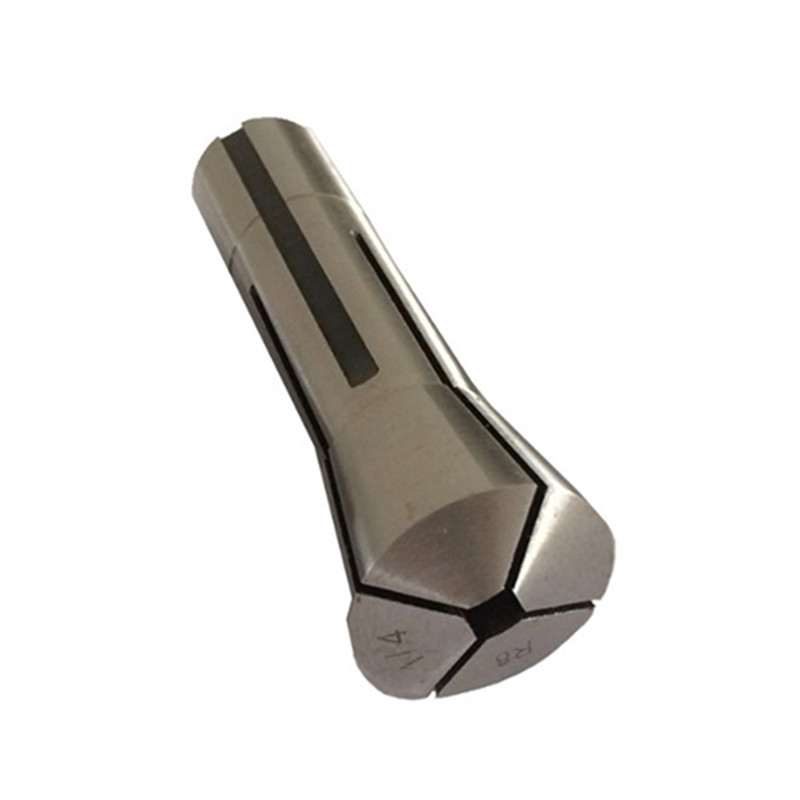 R8 Square Collet With Inch and Metric Size
R8 Square Collet With Inch and Metric Size -
 DIN4971-ISO1 Carbide Tipped Tool Bit With Right And Left Hand
DIN4971-ISO1 Carbide Tipped Tool Bit With Right And Left Hand -
 Outside Micrometer Set Of Inch & Metric With Rachet Stop
Outside Micrometer Set Of Inch & Metric With Rachet Stop -
 HSS ISO Metric Round Die Wieh Splite Or Adjustable Splite Type
HSS ISO Metric Round Die Wieh Splite Or Adjustable Splite Type -
 Type B Cylinder Tungsten Carbide Rotary Burr
Type B Cylinder Tungsten Carbide Rotary Burr -
 Digital Depth Gauge With Stainless Steel For Industrial Type
Digital Depth Gauge With Stainless Steel For Industrial Type -
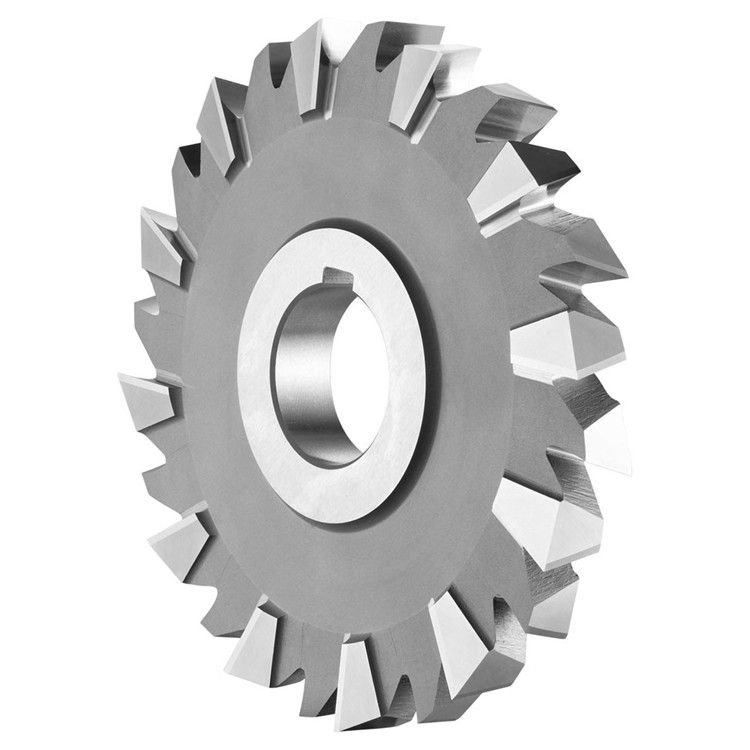 HSS Metric Side Milling Cutter With Bright Or TiN And TiAlN Coated
HSS Metric Side Milling Cutter With Bright Or TiN And TiAlN Coated -
 Precision 2pcs Angle Blocks Set With High Quality Type
Precision 2pcs Angle Blocks Set With High Quality Type -
 Adjustable Tap And Reamer Wrench For Thread Cutting Tools
Adjustable Tap And Reamer Wrench For Thread Cutting Tools -
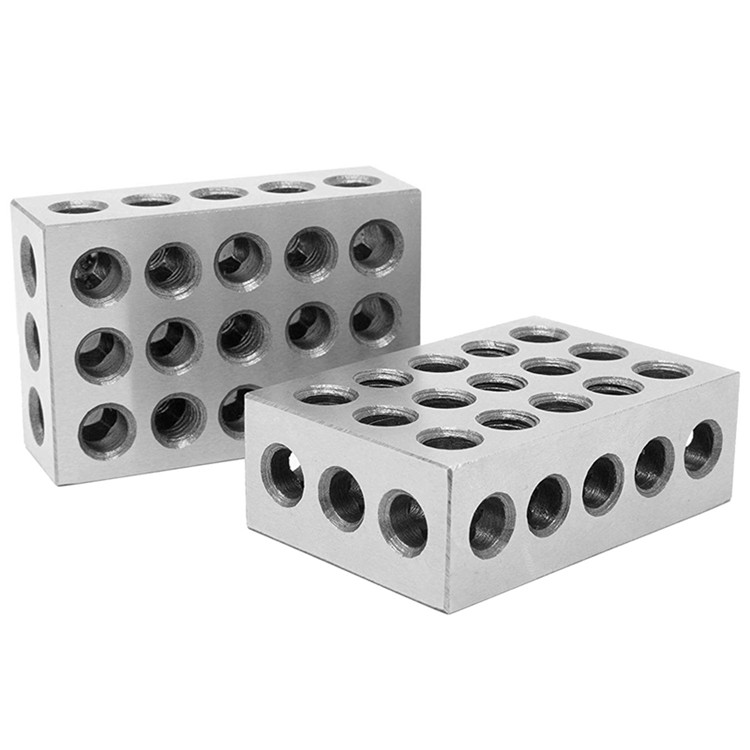 Precision 1-2-3, 2-3-4 or 2-4-6 Block With 1 And 11 And 23 Or None Hole
Precision 1-2-3, 2-3-4 or 2-4-6 Block With 1 And 11 And 23 Or None Hole
Related search
Related search- G60 threading insert Suppliers
- High-Quality indexable threading chaser
- Wholesale MVHN turning tool holder
- boring bar set Factories
- PCRN turning tool holder Manufacturers
- turning tool holder Manufacturers
- Solid Carbide Twist Drill Factories
- SDNC boring bar Factory
- Wholesale SVJC boring bar
- Wholesale lathe drill chuck


